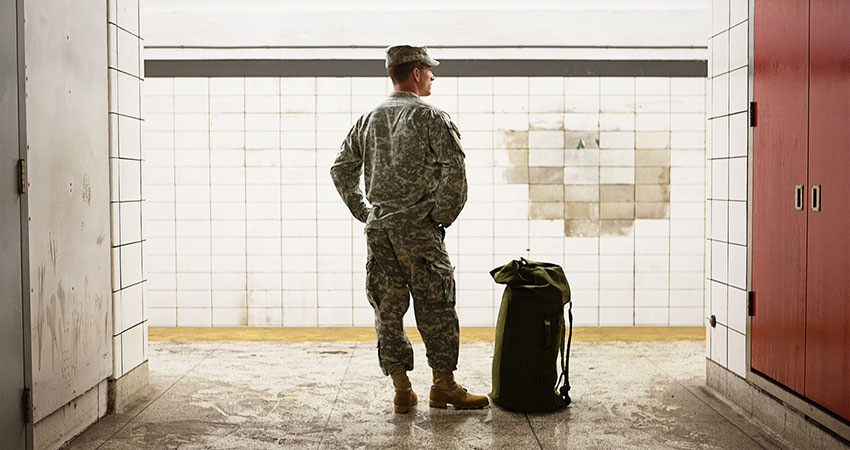
One of the efforts at the Endowments that I am most proud of involves our work with post-9/11 veterans. We have one of the most active foundation grantmaking programs for veterans in the country, which is admittedly—and unfortunately—a low bar. Despite all the ways in which our country professes its gratitude for America’s veterans, we all could do more, and better, to translate our “thank you for your service” into meaningful action.
Twenty years after our invasion of first Afghanistan and later Iraq in the wake of the 9/11 attacks, the United States government still lacks a meaningful definition of what it means for a member of our active duty military to transition successfully into civilian life. That may seem outrageous but it is true, and some of our best work at the Endowments has been to help experts, service providers and policymakers better understand how to meet the needs of today’s veterans in a meaningful way.
The absence of even this basic understanding is hugely consequential even after we have just ended our longest war, in Afghanistan. American forces remain engaged in dozens upon dozens of countries around the world, and no one anticipates an end anytime soon to the need for that presence and ongoing involvement. America’s military remain essential to our safety and well-being, and for as many years as any of us can foresee, there will be veterans to thank for having sacrificed and served to protect the rest of us.
But will we serve them in return?
From our work at the Endowments, we know what the basic ingredients of a successful re-entry into civilian life are. The opportunity for meaningful work. The ability to easily navigate and access services for health, physical and mental well-being, and employment. Connections with community and, from that, opportunities to contribute to civic life. And respect—being valued for the skills, experience and leadership our veterans bring to the table.
There is no mystery here. Yet for too many of America’s veterans, every one of these basic elements presents a hurdle. Employers sincerely profess a commitment to veterans but balk at sharing best practices and data, and don’t know enough about veterans’ real skills to reach them effectively or to hire them into the better-paying, more sophisticated jobs they really deserve.
Meanwhile, while many of us imagine services for veterans to be plentiful, it turns out they are scattered, disconnected, hard to navigate and difficult to access. Veterans returning to communities bring serious leadership capabilities and often a desire to continue serving, but absent intentional civic engagement, too many are left on the sidelines by communities eager to thank them for what they have done in the past while remaining oblivious to what they can add in the future.
None of this is acceptable if we mean what we say when we thank our veterans. Gratitude is meaningless unless it is conveyed in actions as well as words. Clearly government has a role to play here, but so do we all: employers, service providers, community leaders, foundations.
And perhaps most of all, citizens. Which means all of us. On this Veterans Day, let us ask ourselves a deeper question: what does it mean to be thankful, truly thankful, to the service members who, through our agency in a democratic nation, are put into harm’s way on our behalf and then, hopefully, returned to join us in civilian life?
Clearly it means to think long and hard about when we will put them in harm’s way in the first place. It means reconsidering a system where the sacrifices are so easy for the many because they are borne by the few. And it means that, when the day does come to welcome them home, we will have prepared the way for them to share with the rest of us the best of who they have become.
Written by:

Grant Oliphant
President
